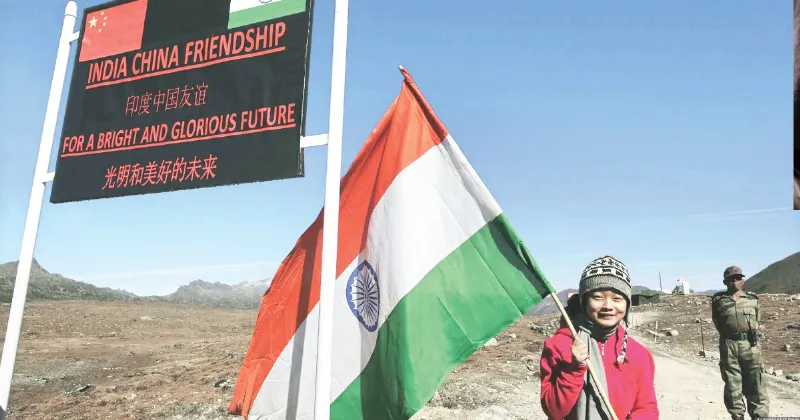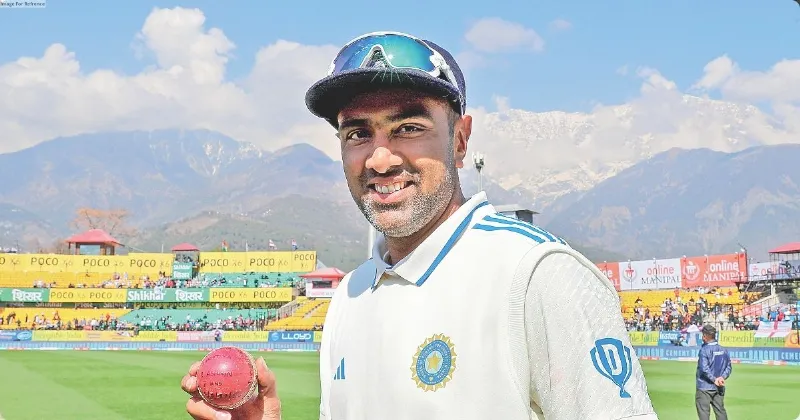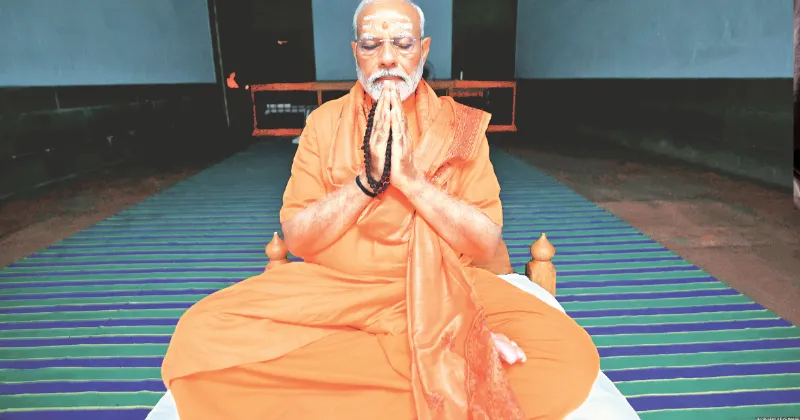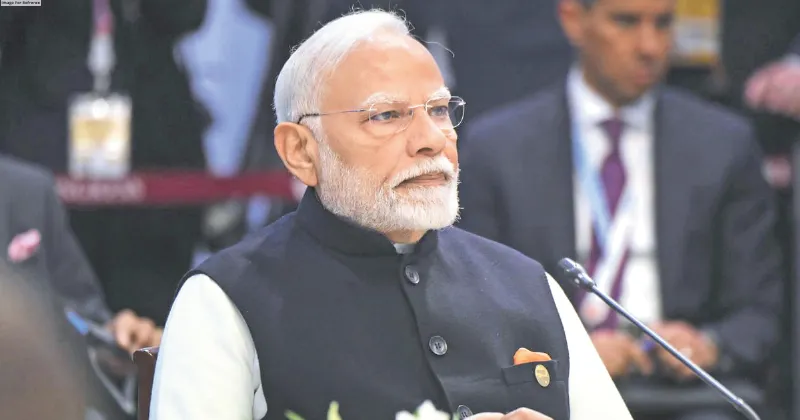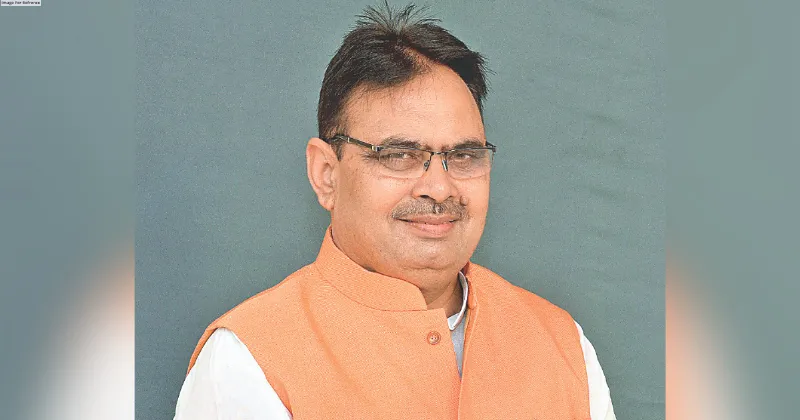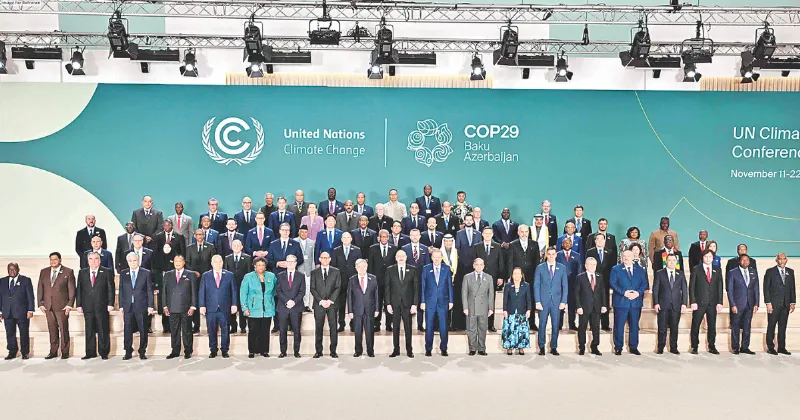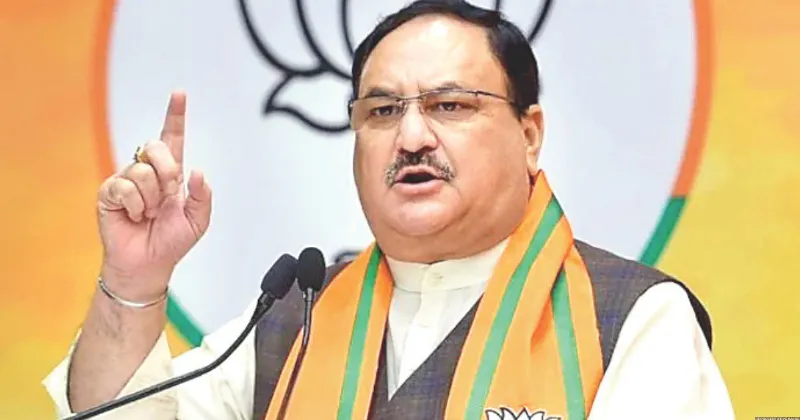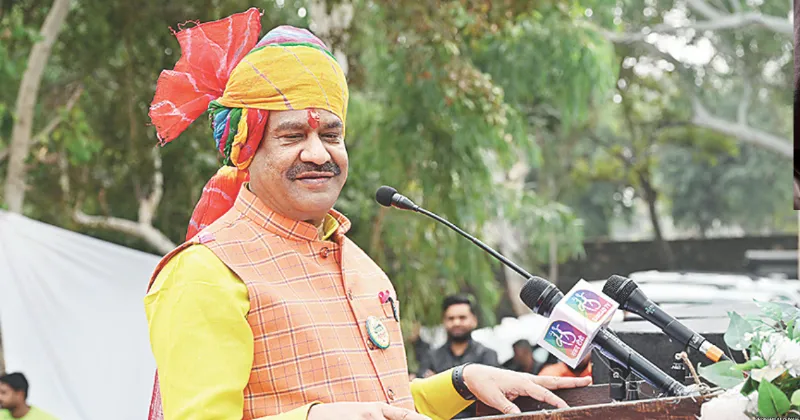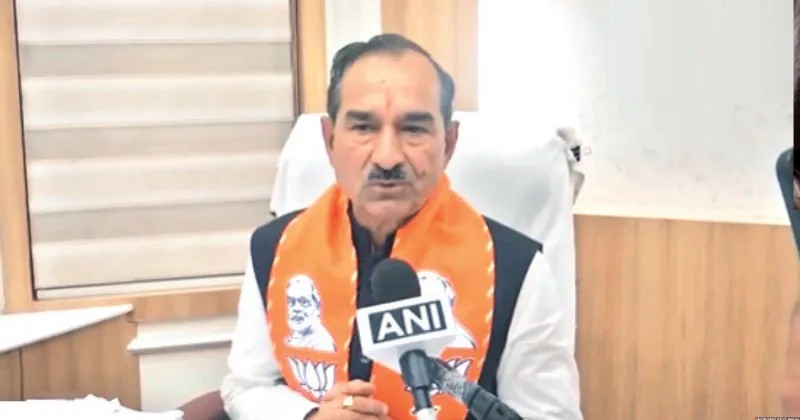Latest News
TRIGGERS CHANGES IN GLOBAL GEOPOLITICAL LANDSCAPE

Donald Trump’s remarkable election victory and his imminent return to the White House in January 2025 not only have significance for American domestic politics but also for global power relations. While the outcome of every American election is globally consequential, Trump’s return is more crucial for the world because of prevailing geopolitical and economic situation and likely change in policies and approach methodology by new regime, the core being Trump’s America First approach. The ever intensifying competition and confrontation among major powers, emergence of multilateralism, the ongoing two major conflicts in Ukraine and Middle East region makes the global scenario unstable and shaky. The policies and approach that Trump adopts toward America’s peer rival China and Iran, lesser adversaries like Russia, and North Korea, and allies and strategic partners in Europe and Asia, including India, will matter greatly. Trump’s second term could reshape America’s role on the world stage and influence geopolitical dynamics in regions like Europe, the Middle East, and Asia. America First agenda has dominated Trumps campaign, which is marked by a staunchly anti-immigration stance at home and a protectionist and isolationist approach abroad. Predicting or visualizing about Trump’s second term may not be easy as though Trump is an open person and transactional leader but he is highly unpredictable. Trump could be more unpredictable and intransigent in his second term. Trump’s election campaign rhetoric and what finally rolls down on ground is being eagerly watched globally.
US-ALLIES RELATIONS
The mainstream of the US’ foreign policy establishment views Trump as a neo-isolationist, and there are fears that his second term could see him dismantle the liberal order that the US and its allies have built and defended since World War II. Trump has repeatedly criticized members of NATO, a European and North American defense alliance, for not spending adequate on their defense and not paying adequately despite enjoying US protection. Even his Vice President elect, JD Vance sees NATO as a mere welfare client whereas expects it be a real alliance. In a worst-case scenario, Trump could pull the US out of NATO; leave Ukraine to fend for itself and Taiwan to work out its own arrangements with China unless they pay back to US in return. Trump believes American allies haven’t paid enough for the privilege of US protection. Trump’s mantra appears to be, if you pay, we stay.
ELEVATION OF THE QUAD
Trump’s 2017 National Security Strategy named the revisionist powers of China and Russia as the main challengers to US dominance, ahead of Al Qaeda and the Islamic State (ISIS) was a major detour from the US’s decades-long prioritisation of jihadist terrorism and non-State actor extremism as its primary threats. Taking ahead this policy the Quad group of allies and partners, including Australia, Japan, and India, was revived from deep slumber to counterbalance China and keep a check on its territorial expansionism and aggression. The term IndoPacific permanently replaces Asia-Pacific and accords India a central role in shaping the pan-regional order. China was already in Biden administration’s crosshairs, Trump is likely push for a more hard-line stand, not just on trade but also on what many American conservatives call Chinese influence peddling in America and South China Sea. To rein in Number One rival China, the Quad and Indo Pacific region is likely to be major focus of Trump and India is likely to see a jump in US priority as a strategic partner. A firmer US support for Philippines and Taiwan against Chinese aggression may be another Trump’s surprise.
RUSSIA-UKRAINE WAR
Trump’s victory speech made it clear that he won’t send weapons for free to Ukraine. Trump has personally praised Putin as a leader and as a person; he may not go easy on Russia but will exert pressure on Ukraine to end the war. Trump may also oppose Ukraine’s NATO membership and thus leaving Ukraine giving up claims on Russian-occupied territory.
MIDDLE-EAST CONFLICT
Israeli PM Netanyahu, backed with some reservations by Biden, is likely to be backed even more by Trump. Trump is likely to support Israel’s right of self defence and even aggressive posture against fundamentalists and Iran, though supporting Israel targeting Iran’s nuclear sites still remains a question. Trump may strive for peace in the region to isolate Iran from other Muslim countries. The turmoil in Middle East region doesn’t really seem to be ending in near future.
TRADE
Trump’s master tariff image and turbocharged protectionism may hit most multilateral trade and many countries. Trump has proposed imposing baseline tariffs on most foreign goods and tariffs as high as 60% on all Chinese imports in hopes of spurring American manufacturing. Bilateral trade treaties will become norm of the day.
CLIMATE CHANGE
Trump is not likely to join any multilateral deal on emission targets and may even favour hydrocarbons over green tech domestically, especially given US advantage in developing the latter. Trump is likely to back out from Paris Climate Agreement calling the accords a rip off because the United States pays more than other countries.
THE VIEWS EXPRESSED BY THE AUTHOR ARE PERSONAL
Col Rajesh Bhukar The writer is a Post Graduate in International Studies, Alumni of Defence Services Staff College, Wellington and College of Combat, Mhow [email protected]




